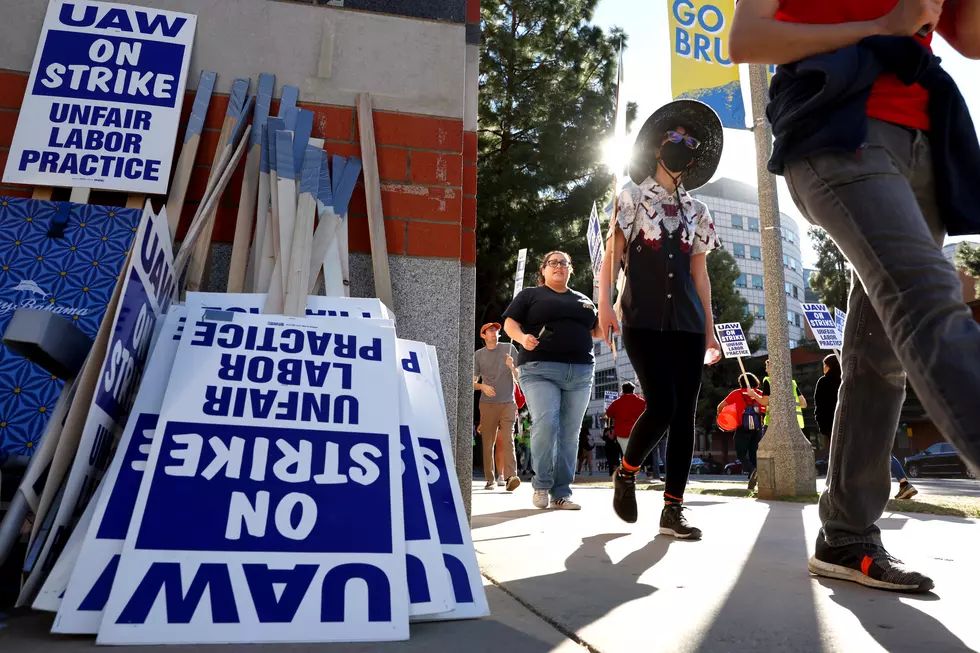
When Mexican American Women In El Paso Brought Down Big Business
In 1972, thousands of garment workers walked off the job at the Farah plant here in El Paso during a legendary strike that took "high 'n mighty" business down a notch.
Farah Inc was founded in 1928 by Lebanese immigrants Mansour and Hana Farah in a small shop on San Francisco Street in Downtown El Paso.
They grew to become the 2nd largest employer in the area with a huge manufacturing plant at Gateway West and Hawkins. In 2013, the Fountains At Farah opened on the site of the former plant. ('Ya get the name now?)
The strike involved employees, who were mostly Mexican-American and 85% female, from Farah factories in Las Cruces and San Antonio as well as the "mother" plant in EP.
Their complaints included low wages, sexual harassment, racism on the job, lack of medical benefits, retirement age workers being fired or forced out, hazardous working conditions and more.
The flashpoint involved an event held in El Paso.
When workers at Farah's San Antonio plant were fired for joining a union-sponsored march in El Paso, more than 500 of them walked out; El Paso workers followed on May 9, 1972. The strike was quickly declared an unfair-labor-practice strike, and a month later a national boycott of Farah products was begun, endorsed by the AFL-CIO. - tshaonlione.org
The strike caused some problems, (including ramping up racial tensions between white and Hispanic workers), but it would ultimately work.
In 1974, the National Labor Relations Board ordered Farah to rehire all the striking workers and allow them to unionize. Farah also had to provide pay raises and institute a grievance policy as well as provide job security and seniority rights.
YAY! Right??
Not so fast ...
While workers got what they initially wanted, the boycott and the bad PR left Farah hurting financially. A situation that led to layoffs, plant closures and high employee "turnover".
That high turnover slowed the growth of the union and, ultimately, weaker union contracts removed a lot of the benefits the epic strike of '72-'74 had won.
Somewhere around 1977, the El Paso plant was closed for good.

